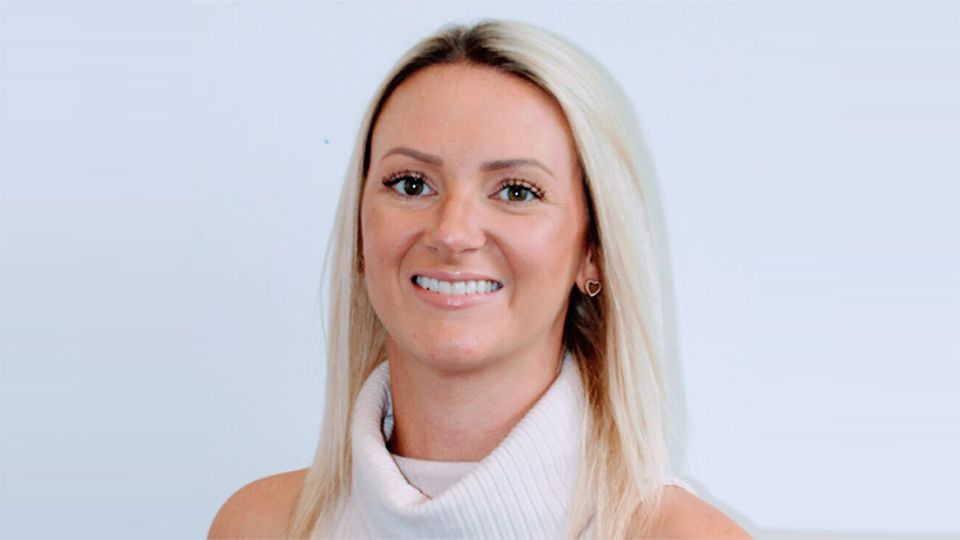Amid a deluge of frameworks and lack of standardisation, just 1.5% of large UK companies feel they are on top of Scopes 1, 2 and 3 reporting, a climate tech firm study has found.
Mobilityways surveyed 400 UK firms with more than 1,000 employees from healthcare, financial services and education sectors, and local authorities for its Road to Net Zero study, finding although 65% had started Scope 3 reporting, the percentage dropped away at each stage of implementation, and of those who had started, very few – 1.5% – felt they had a handle on their systems and processes.
Just over half (55%) had studied the impact of their products, 53% had audited all their suppliers’ emissions data, 47% of those that had begun Scope 3 reporting work had completed analysis of all their suppliers, and 48% had fully implemented the Greenhouse Gas Protocol’s Corporate Value Chain (Scope 3) Accounting & Reporting Standard.
See also: – Germany’s biggest companies not reporting Scope 3
Reasons given for this included the lack of standardisation for weighting and measuring emissions performance, especially regarding Scope 3. More than half, 56%, of companies said this was their top concern.
Meanwhile, just over half (52%) of the largest firms were having difficulties turning all the emissions data into actionable insights, admitting “we don’t really know the story behind the numbers” yet.
Multiple frameworks
A surplus of frameworks seemingly also added to the uncertainty. Mobilityways found that, on average, companies had used 3.5 different ESG reporting frameworks each.
However, opinions on which framework was best varied according to the sector they were in. For example, the financial services firms judged the Sustainability Accounting Standards Board (SASB) ESG guidance framework ‘the most useful’: a quarter (26%) of financial services firms favoured SASB over others they’ve used.
The healthcare sector, by contrast, favoured both the Taskforce on Climate-related Financial Disclosures and the United Nations 17 Sustainable Development Goals equally. Both of these frameworks were judged to be ‘the most useful’ by 19% of NHS/healthcare sector respondents.
The newer EU taxonomy framework was ranked least popular with just 5% of large firms favouring it. Carbon Disclosure Project fared little better with just 6.5% of firms finding it to be the most useful framework they’ve deployed to date.
“Settling on the right ESG reporting systems for both them and their supply chains is also proving tricky and many firms are using different reporting systems in parallel to suit the needs of different stakeholders they need to report to,” added Mobilityways managing director Julie Furnell (pictured).
Just under half – 49% – of companies also said data accuracy was a concern.
These concerns mean companies are also finding it hard to benchmark their emissions against peers in their sectors, the report found. For example, only 61% of those largest companies were capable of comparing their employee commute emission results with sector averages.
ISSB standards incoming
Companies will have to find a way through these challenges if they are to meet upcoming standards, Mobilityways said.
The International Sustainability Standards Board (ISSB) agreed late last year to set out a framework within its Climate-related Disclosures Standard (S2) for the measurement of Scope 3 GHG emissions by the end of this month at the latest, after which a company’s use of the ISSB’s S2 will have to be accompanied by disclosures to enable investors to understand the basis for measurement of Scope 3 GHG emissions within 12 months.
“Large UK companies will likely find that Scope 3 reporting is made mandatory in as little as a year’s time,” said Furnell.
“They’re midway through a complex journey to gather the right data and report it in a universally comprehensive manner.”








